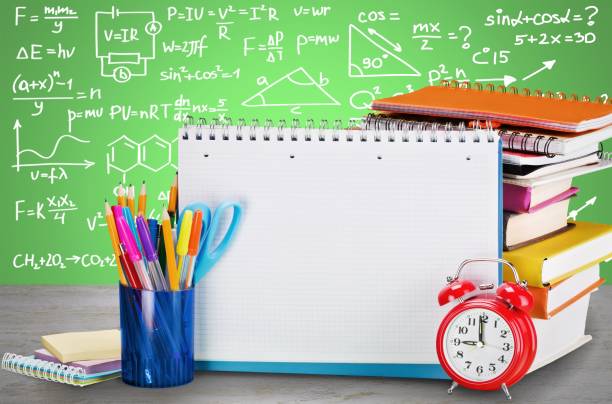Tackling complex equations requires a combination of understanding mathematical concepts, problem-solving skills, and effective study techniques. Here are some study techniques to help you approach complex equations with confidence:
1. Understand the Fundamentals:
- Ensure a solid understanding of the fundamental concepts and principles underlying the type of equations you are working with, such as algebraic equations, differential equations, or calculus equations.
- Review prerequisite topics, definitions, properties, and rules related to solving equations to build a strong foundation for tackling more complex problems.
2. Break Down the Equation:
- Analyze the given equation and break it down into smaller, more manageable parts or steps.
- Identify the key components of the equation, such as variables, constants, coefficients, terms, and operations, and understand their roles and relationships within the equation.
3. Practice Regularly:
- Practice solving equations regularly to develop problem-solving skills and improve proficiency.
- Start with simpler equations and gradually progress to more complex ones, incorporating different types of equations, methods, and techniques into your practice.
4. Learn Problem-Solving Strategies:
- Familiarize yourself with various problem-solving strategies and techniques for solving different types of equations, such as factoring, substitution, completing the square, or using the quadratic formula.
- Understand when and how to apply each strategy based on the characteristics and structure of the equation.
5. Work Through Examples:
- Work through examples and practice problems step-by-step, following a structured approach to solving equations.
- Pay attention to the problem-solving process, including identifying the given information, selecting an appropriate solution method, performing calculations accurately, and checking the solution for correctness.
6. Use Visual Aids and Diagrams:
- Use visual aids, diagrams, graphs, or geometric representations to visualize complex equations and understand their geometric or graphical interpretations.
- Graphing tools, such as graphing calculators or software, can help you analyze equations graphically and identify solutions or patterns.
7. Seek Additional Resources:
- Utilize textbooks, online resources, video tutorials, and instructional materials to supplement your learning and gain additional insights into solving complex equations.
- Consult solved examples, practice problems, and solution manuals for guidance and reference when encountering challenging equations.
8. Review Mistakes and Learn from Them:
- Review your mistakes and errors when solving equations to identify areas of misunderstanding or misconceptions.
- Analyze the reasons behind your mistakes, whether they stem from calculation errors, conceptual misunderstandings, or procedural errors, and learn from them to improve your problem-solving skills.
9. Collaborate and Seek Help:
- Collaborate with peers, classmates, or study groups to discuss complex equations, share problem-solving strategies, and learn from each other’s approaches.
- Seek help from instructors, tutors, or online forums when encountering difficulties or challenges in understanding or solving complex equations.
10. Stay Organized and Persistent:
- Stay organized by keeping track of your study materials, notes, and practice problems related to complex equations.
- Be persistent and patient in your approach to tackling complex equations, recognizing that problem-solving skills develop over time through practice, perseverance, and continuous learning.
By incorporating these study techniques into your approach, you can enhance your ability to tackle complex equations effectively, develop problem-solving proficiency, and build confidence in your mathematical skills. Remember to practice regularly, seek help when needed, and stay motivated in your pursuit of mastering complex equations.
